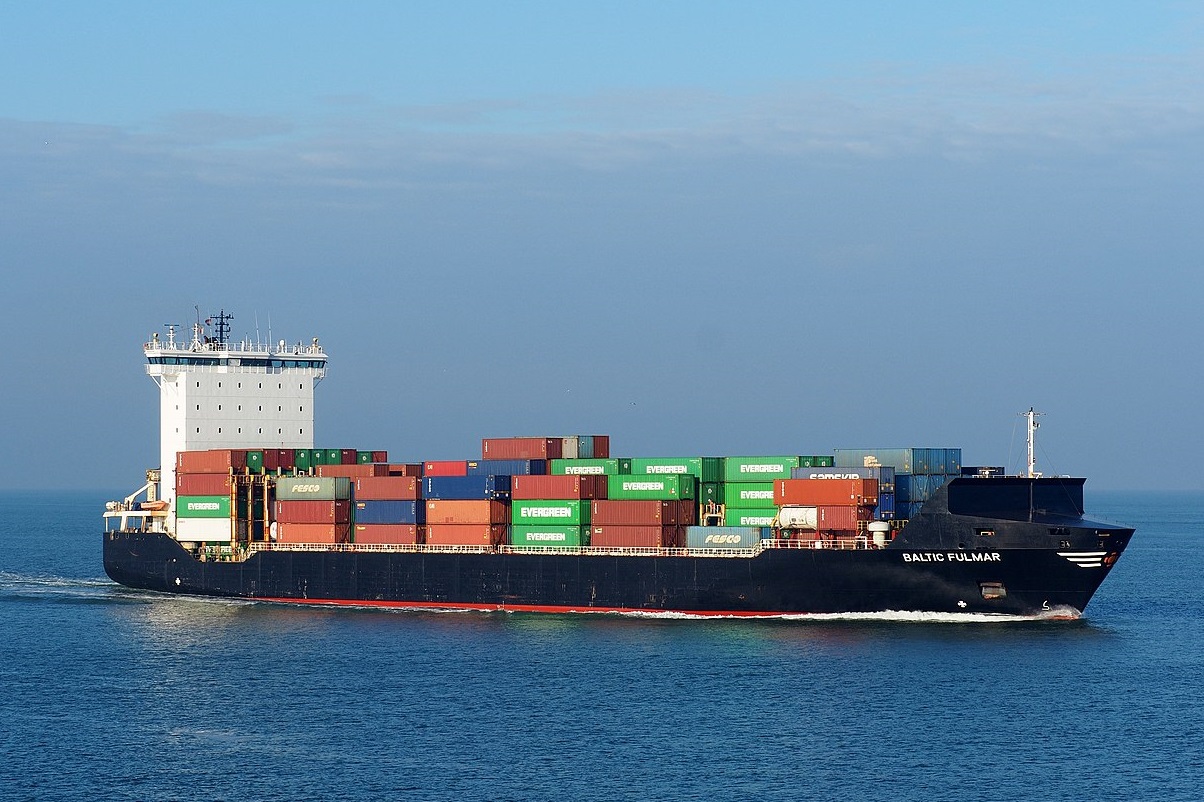China has officially acknowledged that the Hong Kong-flagged container ship, Newnew Polar Bear, caused the damage to a Baltic Sea gas pipeline back in October.
An investigation concluded that the incident was accidental, as reported by the South China Morning Post.
The Balticconnector pipeline was shut down on October 8 after a rapid pressure drop indicated a leak. Finnish President Sauli Niinisto noted that “external activity” was responsible for both the damage to the pipeline linking Finland and Estonia, and to two telecommunications cables.

Alf van Beem/Wikimedia Commons
In the investigation, Finland’s National Bureau of Investigation (NBI) found a six-ton anchor nearby, which led them to identify the Newnew Polar Bear as the likely source.
China has reportedly briefed Estonia and Finland on the investigation results. However, a spokesperson for Estonia’s prosecutor’s office clarified that this document can’t be used as evidence in an ongoing criminal investigation. Meanwhile, Finland’s NBI is continuing its own inquiry.
Both governments have requested legal assistance from China. Kair Kungas, from the Estonian prosecutor’s office, mentioned that Chinese authorities could handle the investigation or allow Estonian officials to assist, provided they follow local laws. As of now, China has yet to respond to these requests.
Evidence suggests that the damage was likely caused by the Newnew Polar Bear‘s anchor dragging along the seabed, potentially without the crew’s awareness. Maritime expert Magnus Winberg pointed out that a ship traveling at a speed of 10-12 knots would not prompt crew members to check for dragging anchors.
Estonian transportation official Are Piel noted that anchor dragging isn’t common and might result from a ship breakdown or harsh weather conditions.
The Balticconnector, a crucial 48-mile pipeline, resumed operations in April, supplying Finland with natural gas from Latvia’s Incukalns underground storage facility.
